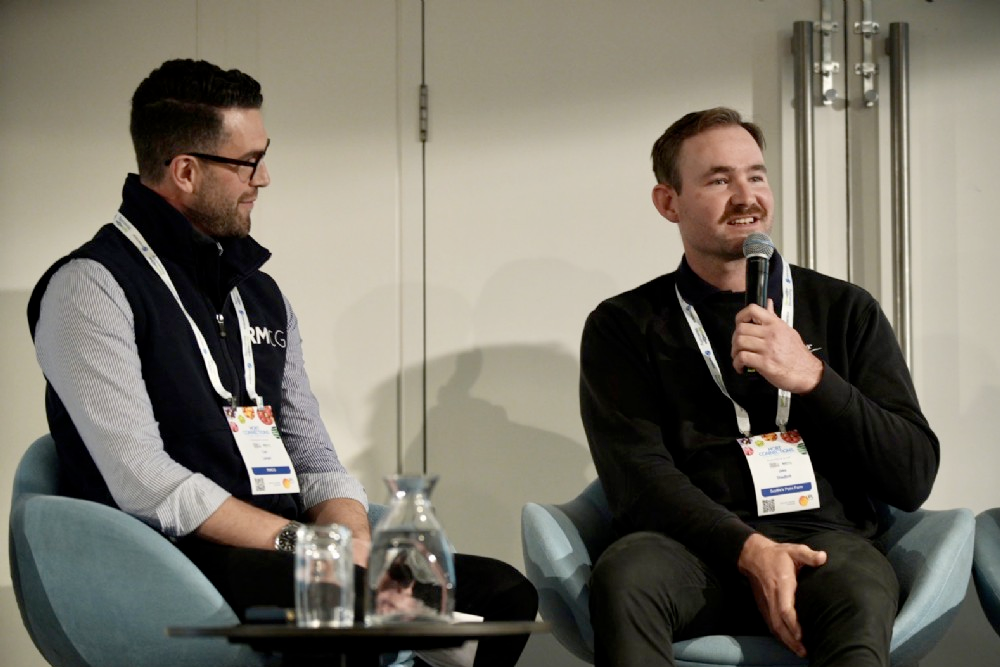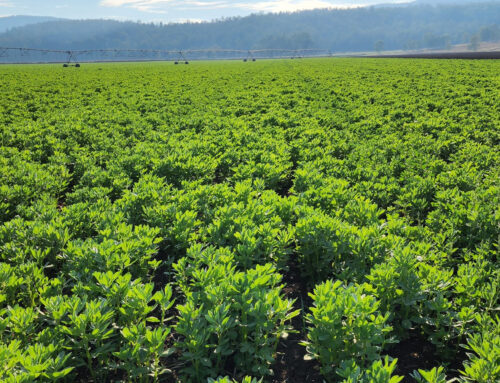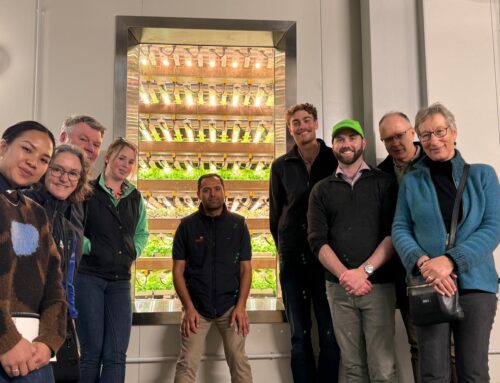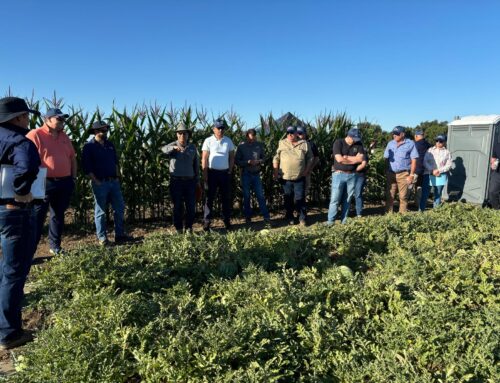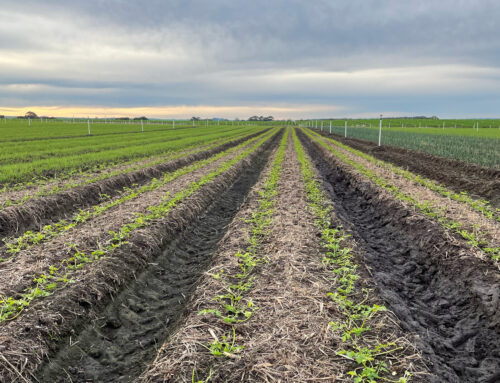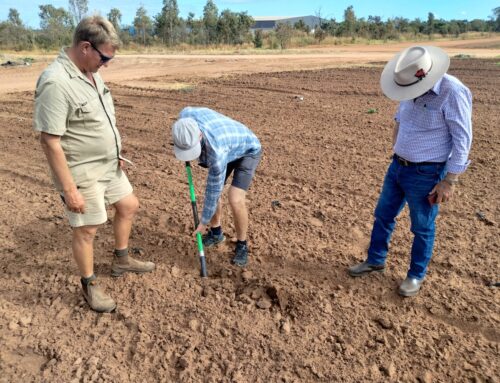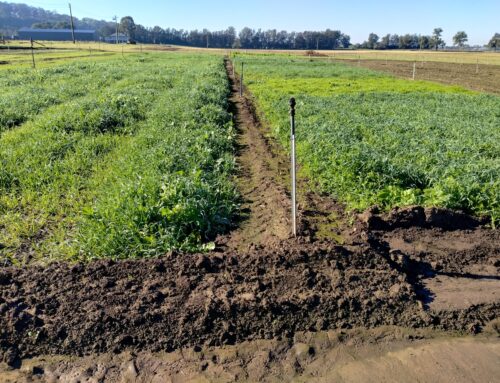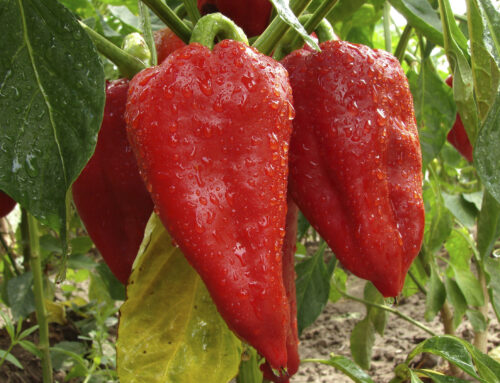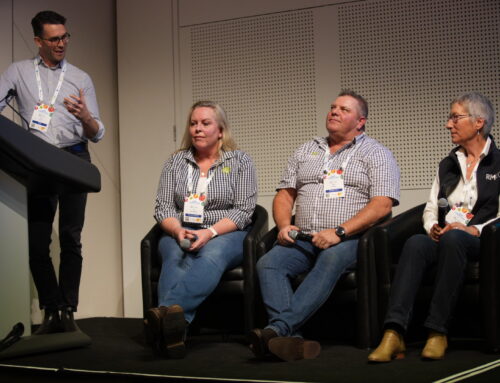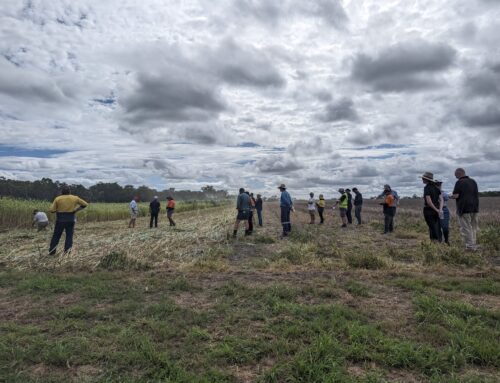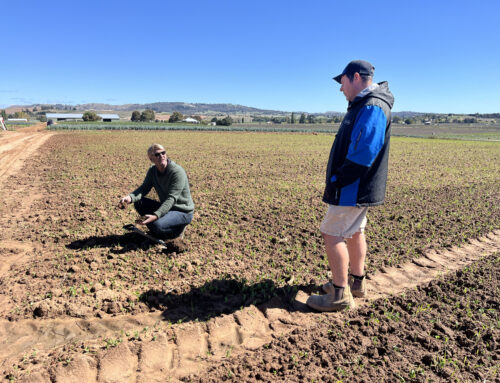Ahead of Hort Connections 2023, Australian vegetable growers heard how their peers have worked with the Soil Wealth ICP project to improve their productivity, profitability and sustainability in field trials to boost soil and plant health at the Annual Vegetable Industry Seminar (AVIS) in Adelaide on Monday 5 June.
Panellists included Victorian vegetable grower Jake Shadbolt from Scotties Point Farms; South Australian vegetable grower Anthony De Ieso from Thorndon Park Produce; and Peter Wadewitz from Peats Soil & Garden Supplies. The discussion was led by Soil Wealth ICP team members Carl Larsen and Gordon Rogers.
Anthony and Peter discussed their experience with a Soil Wealth ICP compost trial at Thorndon Park Produce’s Waterloo Corner property. The business produces spinach, silverbeet, spring onions, radish, beetroot, continental parsley and coriander throughout the year and compost trials are now underway at its Gawler River property.
Jake, alongside his father Peter and brother Ryan, grows broccoli, pumpkin, beetroot and onions north of Swan Hill. The Shadbolts have worked with Soil Wealth ICP team member Kelvin Montagu to trial cover crops that can protect their sandy loam soils during hot summers and suppress weeds in their pumpkin crops to reduce inputs and result in cleaner harvesting. They have also trialled strip-till in their broccoli crops.
We share some of the key insights from the panel discussion below.
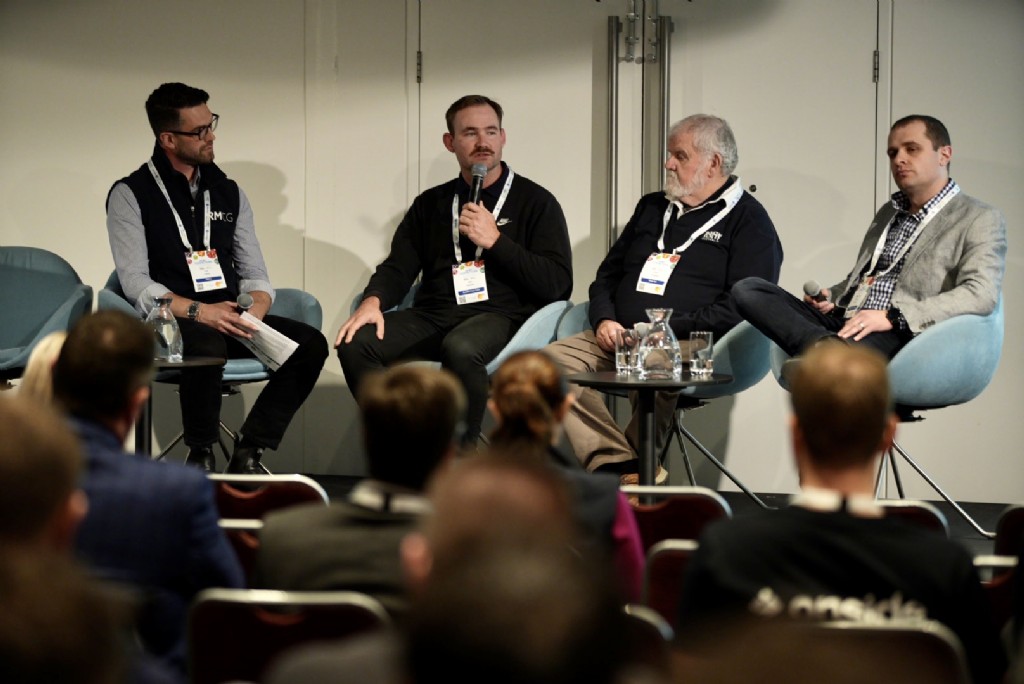
L-R: Carl Larsen (Soil Wealth ICP facilitator), Jake Shadbolt (Scotties Point Farms), Peter Wadewitz (Peats Soil & Garden Supplies) and Anthony De Ieso (Thorndon Park Produce). Images courtesy of AUSVEG/Andrew Beveridge.
A quality crop starts with soil health
With growers facing ever-increasing costs of production, Anthony strongly believes that soil health forms the basis of a healthy crop. Since the compost trial, they have redirected their focus from inputs such as fertiliser to improving their soils, which has led to cost savings.
“In intensive horticulture, the soil may get neglected because we are constantly focusing on growing a quality crop in record time. Being able to take a step back and look at compost or organic inputs is the most beneficial thing to our business right now,” he said.
“Participating in the trial helped us realise that we didn’t need to keep adding more fertiliser and instead we should focus on the nutrients that were locked up in the soil. We discovered that less is more and if you have a healthy soil, you’ll have a healthy crop.”
Lessons and setbacks are necessary to move forward
Jake was upfront about the challenges and learnings from their cover crop and strip-till trials.
“We grew a 6ft ryecorn cover crop before pumpkins, and had to change the rotations of plantings for different crops to allocate six months of growing to then crimp roll, strip-till, plant and spray, irrigate, fertilise etc. Over 3-4 years, we started to nail that process for pumpkins,” Jake explained.
“Broccoli presented a lot of different challenges with strip-till to maximise the plants per metre/hectare without sacrificing too much wheel track space. We ran into troubles with planting spaces being too close, wheel tracks being too wide, tractors falling into rip marks, getting bogged, making a mess and damaging product.”
During the trial the Shadbolts updated their machinery to include GPS for straighter plantings and built a crimp roller and strip-till machine. While they have decided to step away from strip-tillage for now to focus on other areas of the business, the lessons learnt during the trial will not be lost.
“We’ve done a lot of the groundwork so when we revisit strip-tillage we will have 3-4 years of learnings that we can launch back into,” Jake said.
“A lot of challenges come with learning new things. It’s the part of the industry that I love, being able to innovate, get creative, create a new problem and find a solution. We’re definitely not going to give up, but it just needs some extra tweaking like any learning.”
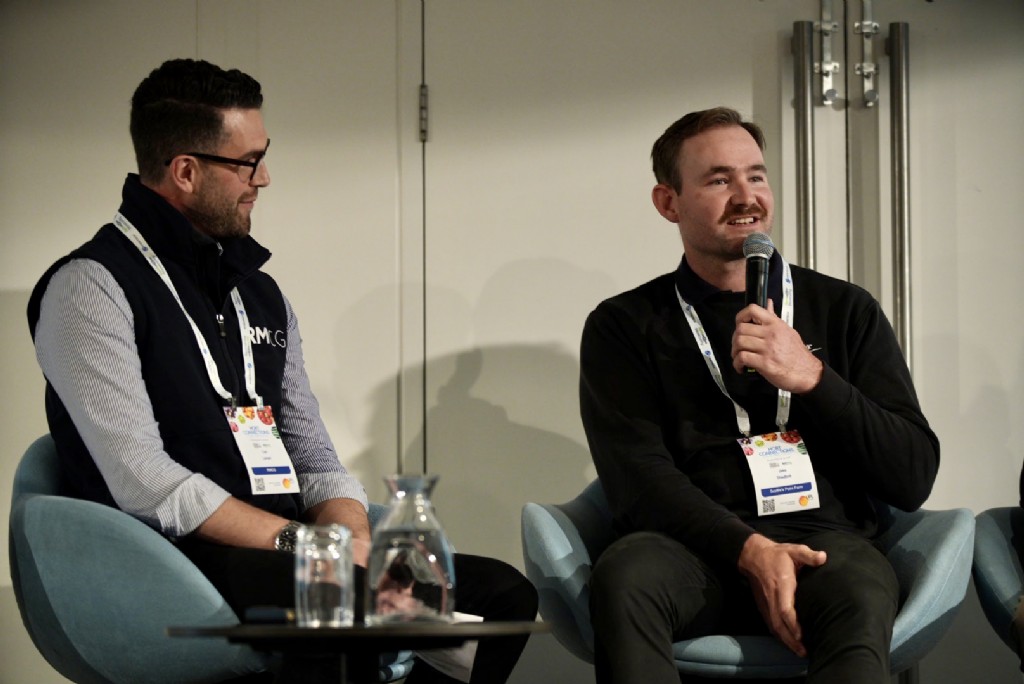
Consider the trade-offs and be patient
In every field trial, it is crucial to be clear on what you want to achieve. Cover cropping is a major focus at Scotties Point Farms but it can sometimes lead to challenges in treating a cover crop like a cash crop.
“There’s a trade-off in using your inputs to grow a nice cover crop but it won’t have a direct impact on your cash flow,” Jake said.
“Looking back, we see the benefits in the soil test reports, building organic matter, nitrogen hanging in the soil and increased soil moisture retention. We don’t see the direct benefits in the physical cash flow of the business, but we see it in 6-12 months and ongoing.”
The conversation is changing but more needs to be done
From Peter’s perspective, the focus on soil health and its flow-on effects to healthier plants and reduced inputs has made it into the spotlight over the last decade thanks to ongoing progress and learnings from field trials.
“Healthy soils, carbon building, organic matter, soil microbiology, water holding capacity, micro and macro nutrients – that’s the conversation consistently happening today that didn’t happen 10 years ago,” he said.
“The results in the colour and shape of the crop after the compost trial were absolutely incredible. We need to talk more about micro and macro nutrients because the health benefits are going to come from that, and you need a healthy soil to get there.”
Anthony added: “We know something is working when we get our customer feedback, but feedback is usually about price and appearance – how it looks just before harvest time. It isn’t necessarily about flavour or nutritional value.”
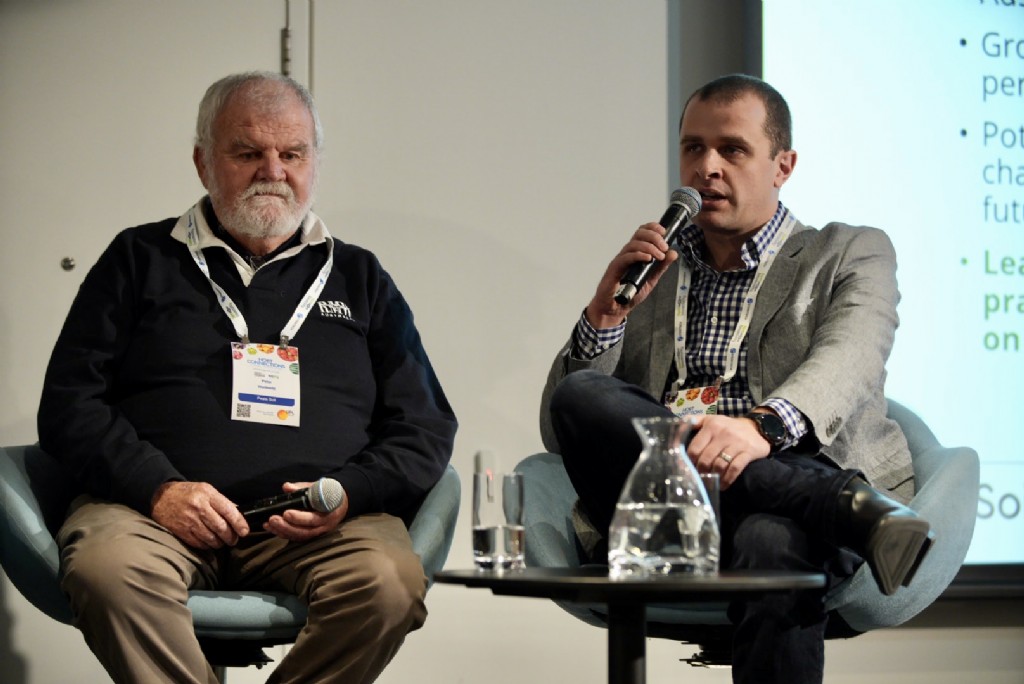
Carbon and climate considerations on the horizon
In line with Soil Wealth ICP’s new focus topics over the next five years, Peter mentioned a new project that Peats Soil & Garden Supplies is working on in conjunction with researcher Jeff Baldock and Green Industries SA to measure the level of carbon in compost samples, which in some cases could last up to 100 years.
“The goal is to be able to tell growers how long carbon in compost will last so that can help with carbon sequestration etc. We’re not sure if we’ll be able to achieve that yet but it is incredible research,” Peter said.
The Soil Wealth ICP team would like to thank Anthony, Jake and Peter for their time and contributions to the panel discussion.
More information
- Compost boosts soil health on the Adelaide Plains, South Australia
- Feed your soils to feed the world: Supporting soil health in vegetable production
- Cover crops for Australian vegetable growers
- Strip-tillage for vegetables and potatoes
AVIS was funded by Hort Innovation using the vegetable research and development levy and contributions from the Australian Government. It is held each year to showcase emerging products and innovations in horticulture, as well as focus on key areas for business and personal development of vegetable industry members.

